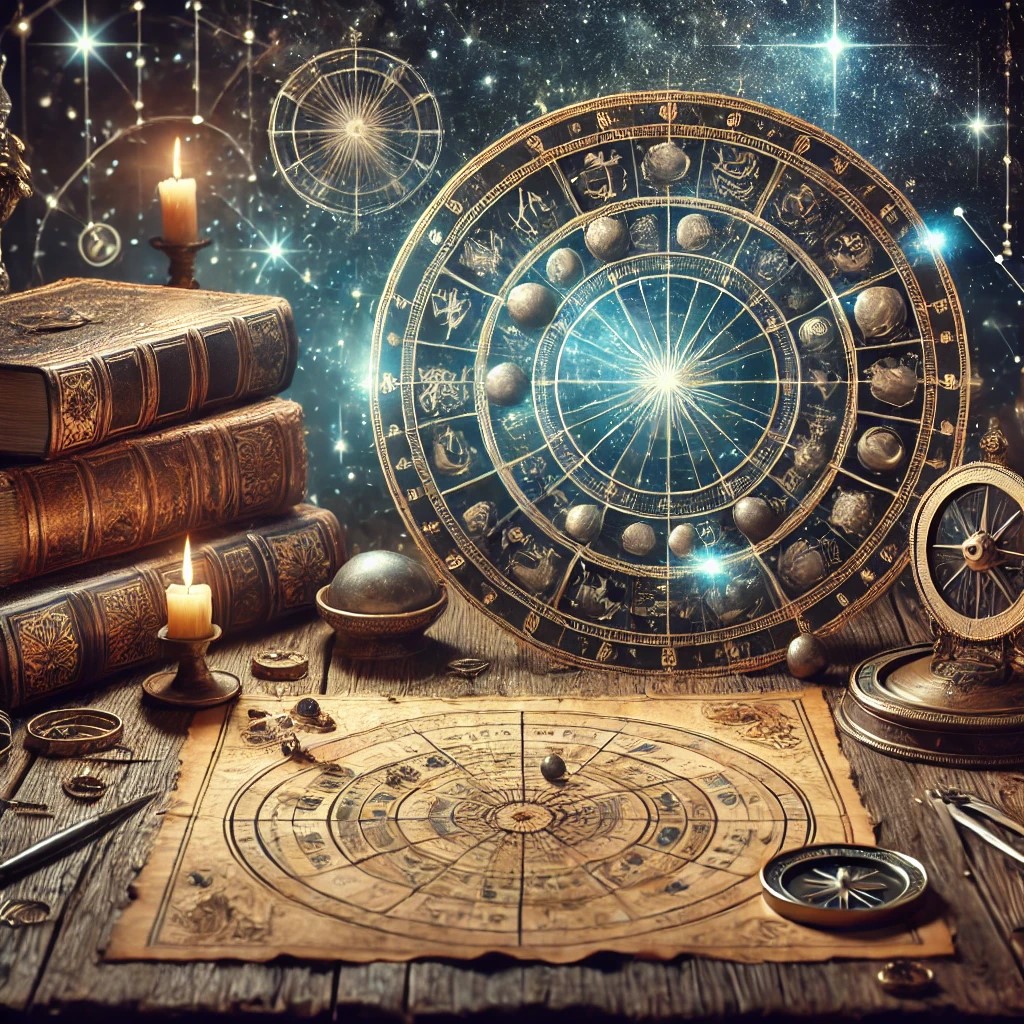Make a Reading (sage ability)
Make a Reading is an amateur-status sage ability in the study of Occultism. It enables the character to produce results from a chosen occult practice, interpreting signs, symbols and patterns to gain insight into unseen forces or potential outcomes. The ability does not grant supernatural power but instead represents the character's cultivated skill in reading and applying the principles of divination.
Contents
The validity of a reading is based on the player's effort to follow established methods within the chosen practice, demonstrating an understanding of its mechanics and traditions. While the effects of a reading may vary, and the character's personal belief in the practice is not required, those who seek or receive readings may place significant weight on the outcome. The depth and accuracy of the reading depend on the character's level of experience, the effort taken to properly prepare, and the context of the reading itself.
- Astrology: the player will be expected to purchase an astrological book that will enable them to make astrological charts — and to make these charts of player and non-player characters in the setting as part of the cultivation of the discipline. The player does not have to believe in astrology but the effects of making a chart will depend on the player's ability to demonstrate the accuracy and detail of what planets are in what houses at the time of the charted character's birth.
- Bone Throwing: to read the bones, the character must purchase or be in possession of six 6-sided dice that are unique of each other with images instead of numbers. Often called "story cubes." Add to these one 6-sided die that possesses pips. The manner in which the dice land determines the interpretation.
- Numerology: requires little preparation but does require the character keep continuous track of all dice rolled at a table in a given period to have any chance of making an observation. Depending on the die rolls, it is possible that no observation will result from this work that is done.
- Tarot: the player must purchase a tarot deck. Results will form from the cards as they are pulled and set out during the reading.
- Tea Leaf Reading: the player must provide loose tea and cup, as well as willingness to drink the tea and perform the ritual of tea reading in order to create the images necessary to make a proper reading. The player will be required to study the pattern of the leaves and identify pictures therein.
Each of these occult abilities offers distinct effects or outcomes, with specific details outlined on the linked pages provided. It is important to note that characters cannot engage in or possess more than one form of occult study. The process of learning any single occult skill fundamentally alters the character's perception, twisting their mind to align exclusively with that particular method of divination. This ensures that their ability to foresee the future is irrevocably tied to their chosen path. The knowledge they gain shapes not only their understanding of fate but also their worldview, reinforcing the idea that divination is not a passive skill but an immersive practice that demands singular focus.
Interpreting Divinations
The challenge of determining the future in a D&D campaign is addressed as follows: once a prediction is made, it becomes the responsibility of the dungeon master to adapt the unfolding campaign — whether through narrative adjustments or modifications to events occurring in the game world — so that the prediction comes to pass as foreseen. This mechanic stresses the randomness inherent to occult predictions, ensuring that neither the character making the prediction nor the DM wields direct control over the effect's ultimate outcome.
Instead, the prediction integrates organically into the game's evolving narrative, maintaining balance and mystery. The prophecy must manifest in a way that does not override player agency, allowing the adventurers to experience its fulfillment as a natural part of the world rather than as a forced or rigid outcome. In this way, divination enriches the game's storytelling by adding layers of intrigue and foreshadowing, keeping players engaged as they watch fate unfold.
One of the most intriguing aspects of this process is how it externalises the uncertainty of divination. The character making the reading does not receive an immediate, fixed result; instead, they cast a prediction into the campaign, leaving room for interpretation, subtle fulfillment or even unintended consequences. This reinforces the idea that prophecy is rarely straightforward — visions can be symbolic, cryptic or misunderstood, lending depth to their impact on the game world.
